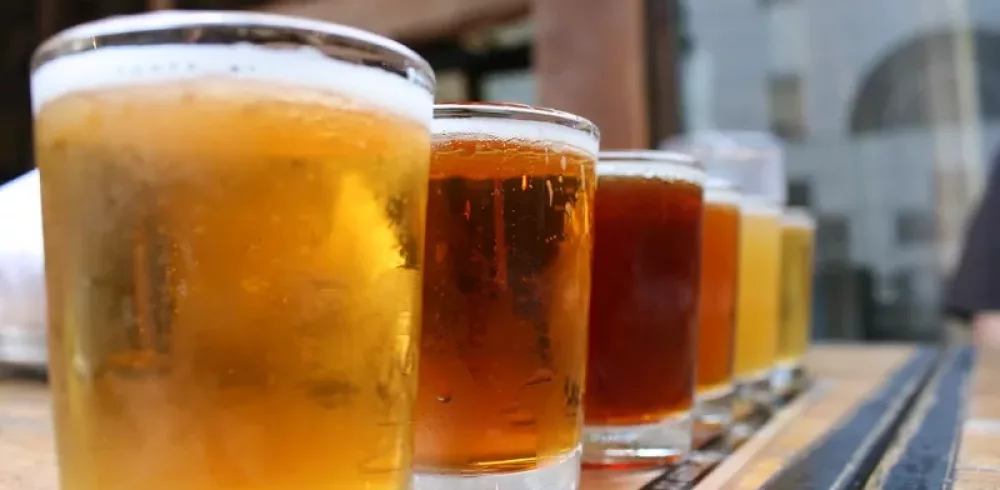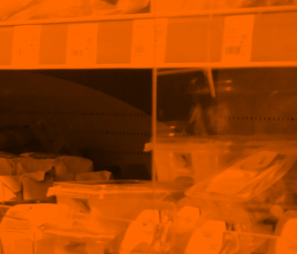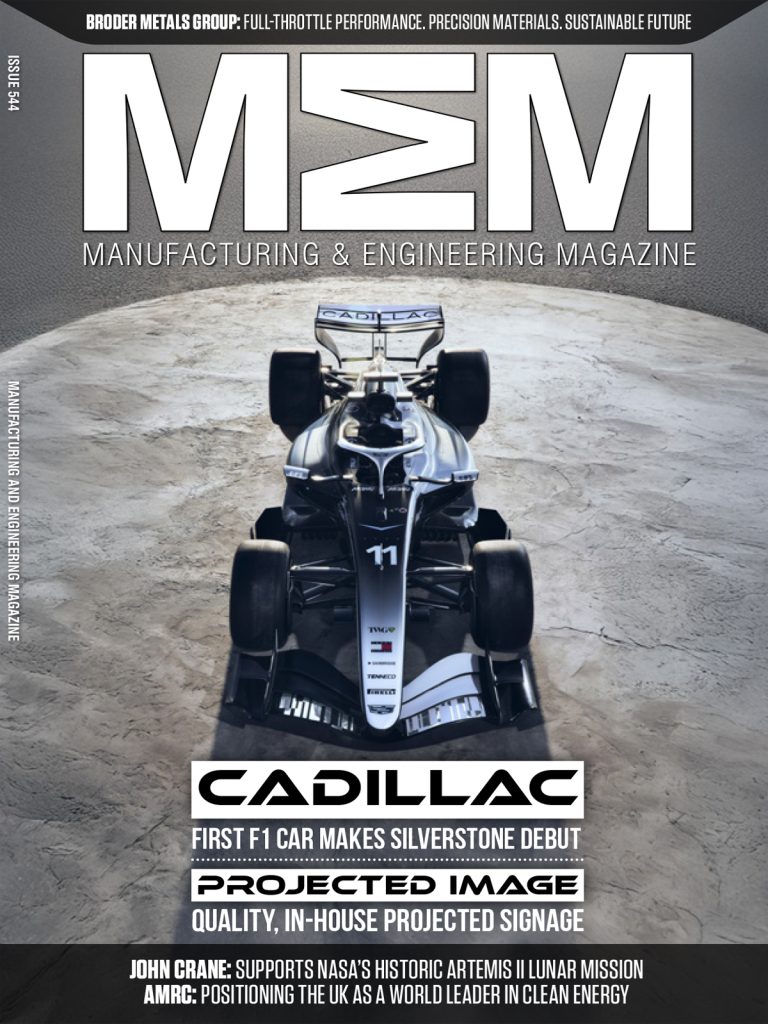GlobalData, data and analytics company, announced that beer manufacturers are trying to combat their high-calorie image with the launch of some low-calorie options.
Bud Light re-entered the UK market in 2017, offering customers an option of just 27 calories per 100ml and a lower ABV than standard Budweiser, at just 3.5%. Since then, the brand claims that it has been successful in attracting a younger audience.
Some consumers perceive low alcohol beer as lacking taste and quality. This attitude leads to innovation in the sector, in terms of reducing calories without lowering alcohol content, said Aleksandrina Yotova, Consumer Analyst at GlobalData.
UK-based Skinny Brands unveiled in 2016 the Skinny Lager, a low-calorie beer made using a special brewing process that removes residual sugars from the drink. At 4% ABV, it is not low in alcohol, but it has very low carbohydrate content of just 2.97g per 330ml, which is likely to be well received by consumers.
Over a third (35%) of UK consumers associates âhealthyâ with âlow-calorieâ, according to our 2017 Q4 survey. However, this rises to 49% when looking at 35-44 year olds specifically, and is slightly higher for female than male consumers. With a calorie count per bottle of just 89, Skinny Lager is bound to attract health-conscious consumers, especially among this age group, she added.
Skinny Lager also contains gluten-free and vegan-friendly ingredients, which makes it suitable for a larger group of people. According to a research conducted in 2017 by GlobalData, 3% of UK consumer said they follow a vegan diet, while for the 25-34 age group the percentage rises to 10%.
This highlights millennials as the consumer groups on the lookout for certified vegan products. The same age group is also more likely to opt for gluten-free products. In the UK, 8% of consumers aged between 18 and 34 associate âgluten-freeâ with âhealthyâ, according to our 2017 Q4 survey. This compares to a lower ratio of 5% when looking across all age groups in the UK. Low-calorie, vegan and gluten-free, rather than low alcohol content, are therefore set to be the winning attributes for beer targeting young adults, Aleksandrina concluded.
Manufacturing & Engineering Magazine | The Home of Manufacturing Industry News















